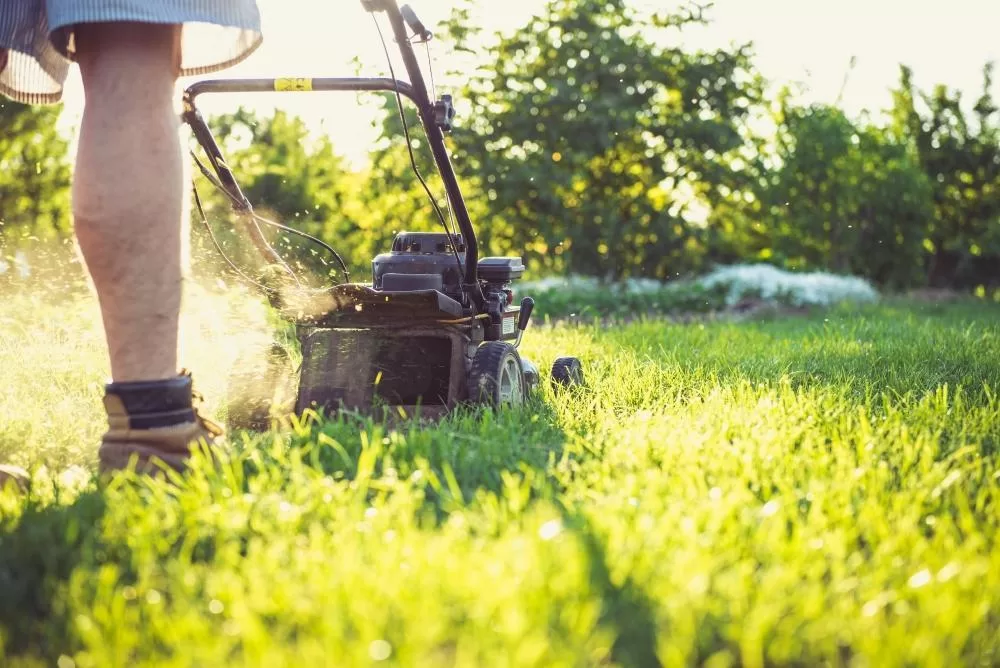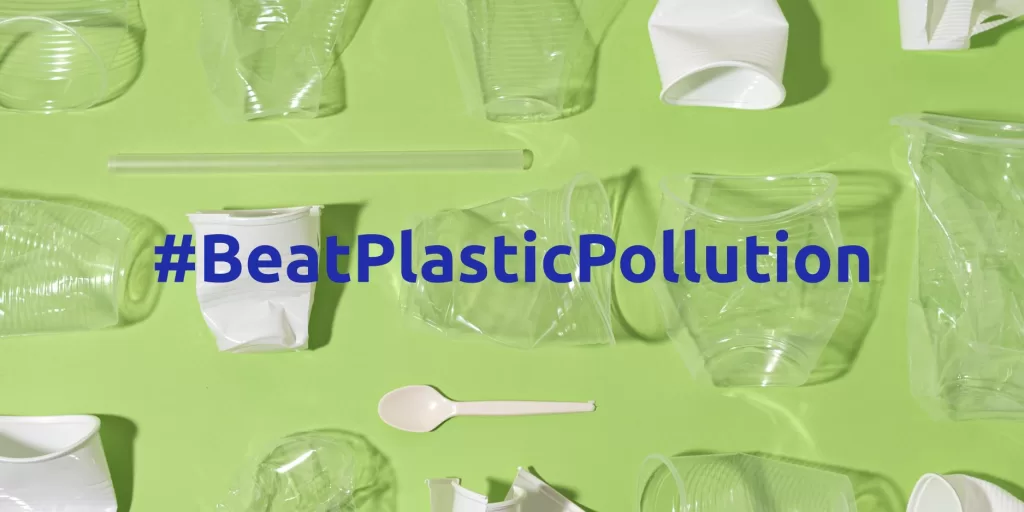In both bustling urban landscapes and tranquil rural settings, landscaping and gardening stand as pivotal elements that not only enhance the aesthetic appeal but also contribute significantly to environmental sustainability.
But amid these green endeavours lies an often-overlooked aspect: horticulture waste. If not managed with foresight and responsibility, the environmental impact of this waste can be substantial, undermining the very benefits these green spaces offer. In this blog post, we explore practical landscaping solutions for green waste management.
Understanding Horticulture Waste
Horticulture waste encompasses a variety of organic materials generated from gardening and landscaping activities in Singapore. Common types include by-products of both commercial and residential efforts to maintain and beautify outdoor environments:
- Plant trimmings
- Grass clippings
- Fallen leaves
- Excess soil
- Tree trunks and branches
In urban areas like Singapore, where green spaces are meticulously curated, the volume of horticulture waste can be significant, prompting a need for efficient management strategies to handle this green waste sustainably.
The Role of Horticulture Waste Management in Sustainable Landscaping
One strategy is to manage horticulture waste responsibly as part of sustainable landscaping solutions. For instance, landscaping services in Singapore — from professional landscape contractors to individual enthusiasts — can significantly mitigate the environmental impact of their activities by adopting the principles of reduce, reuse, and recycle.
Waste Reduction: Waste reduction can also start with planning and designing gardens in ways that naturally help to minimise waste production. Engaging a landscape company in Singapore that prioritises sustainability ensures that gardens are designed with long-term environmental benefits in mind.
Reuse and Recycling: Reusing plant trimmings, tree trunks, and other organic materials within the landscape itself can enhance the aesthetic and health of the garden. Recycling through composting or mulching transforms waste into valuable resources, reducing reliance on chemical fertilisers. Tree pruning and tree cutting services in Singapore can also contribute by ensuring that green waste is safely reused or recycled rather than discarded.
Environmental Benefits: This approach benefits the environment and creates more sustainable and resilient landscapes. At the same time, these practices help conserve natural resources and reduce the need for chemical fertilisers and pesticides, promoting a healthier, more sustainable environment. Integrating such green waste management strategies helps maintain the ecological balance and supports urban biodiversity.
Repurposing Horticulture Waste
Aside from the above strategies, repurposing horticulture waste offers innovative ways to transform what might otherwise be viewed as garden refuse into beneficial resources.
Composting is a prime example, where organic waste like leaves, grass clippings, old plants, and even chipped tree trunks are broken down into nutrient-rich compost. This natural fertiliser enhances soil health, promoting vigorous plant growth without the need for synthetic additives.
Similarly, mulching uses shredded plant waste and smaller wood chips to cover soil surfaces around plants, helping to retain soil moisture, regulate temperature, and suppress weed growth, all while adding aesthetic value to the landscape.
Larger tree trunks can even be repurposed into landscaping features like benches, edging, or decorative elements, adding a unique touch to gardens and parks.
For instance, BNL’s initiatives in green waste management focus on leveraging these repurposing techniques to support landscaping and broader agricultural practices. By converting horticulture waste into compost and mulch, BNL contributes to a circular economy where every bit of organic material is used to its fullest potential, thereby reducing landfill use and enhancing green sustainability.
Advancing Green Futures Through Responsible Horticulture Waste Management
Managing horticulture waste is more than a mere operational task; it is critical to building a greener, more sustainable future. By effectively managing and repurposing garden waste, we can significantly contribute to environmental health, reduce our carbon footprint, and support sustainable urban development.
With a focus on green sustainability and innovative landscaping solutions, BNL remains one of the leading waste management companies in Singapore. Through initiatives like composting and mulching, BNL is setting a standard for others in the sector, demonstrating that with the right approach, even waste can be a valuable resource in our quest for sustainability.




